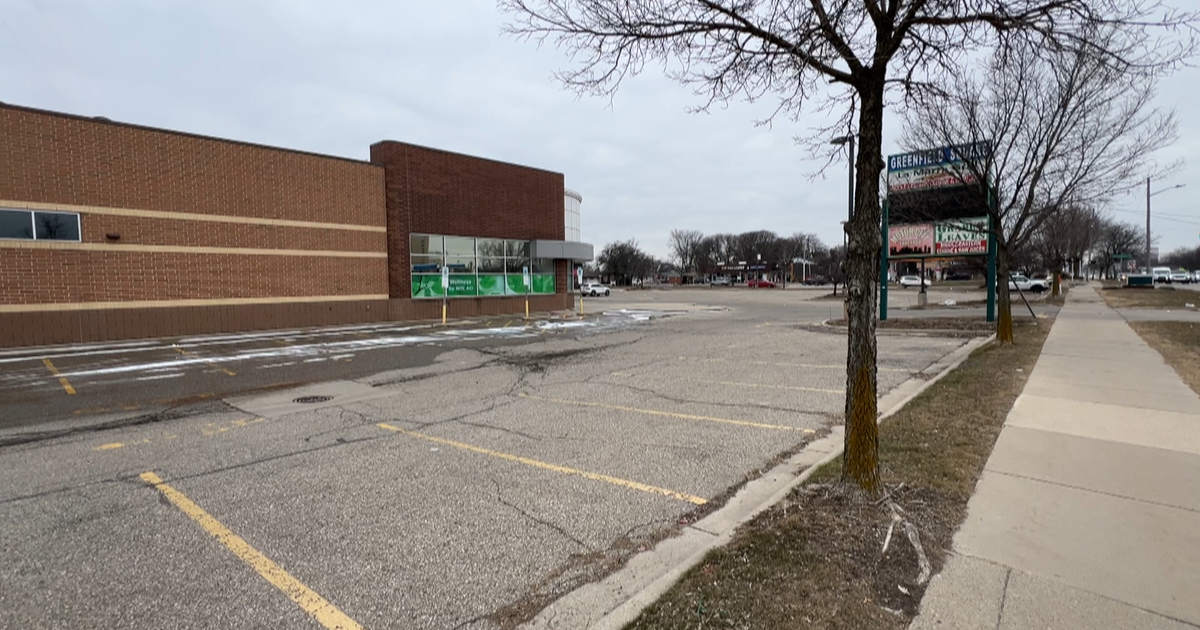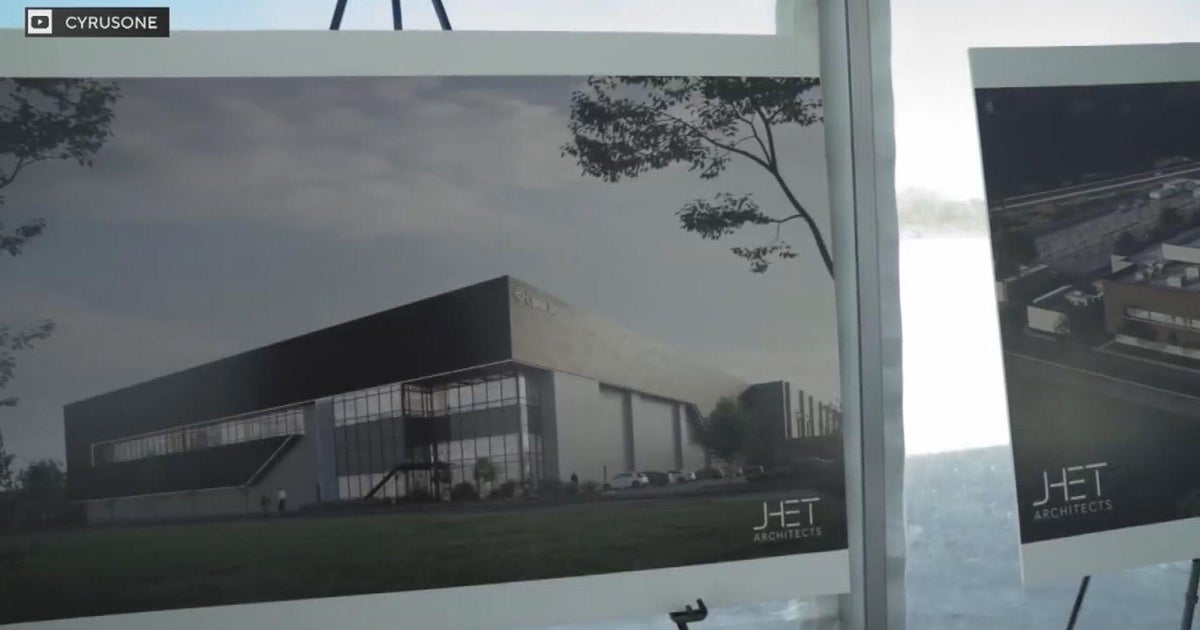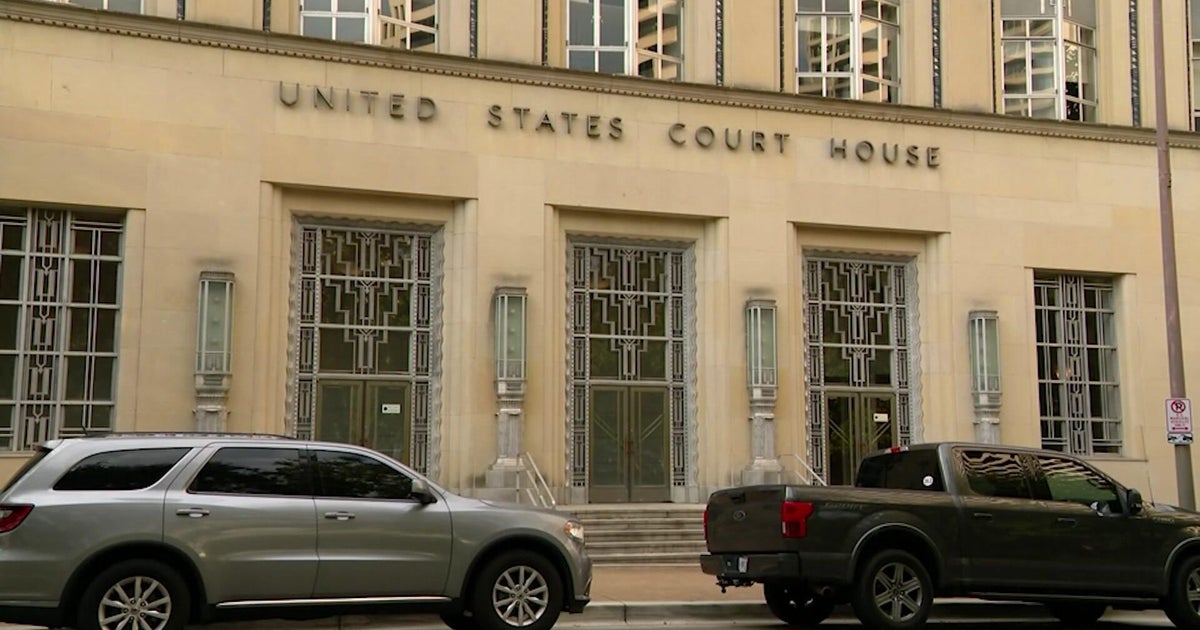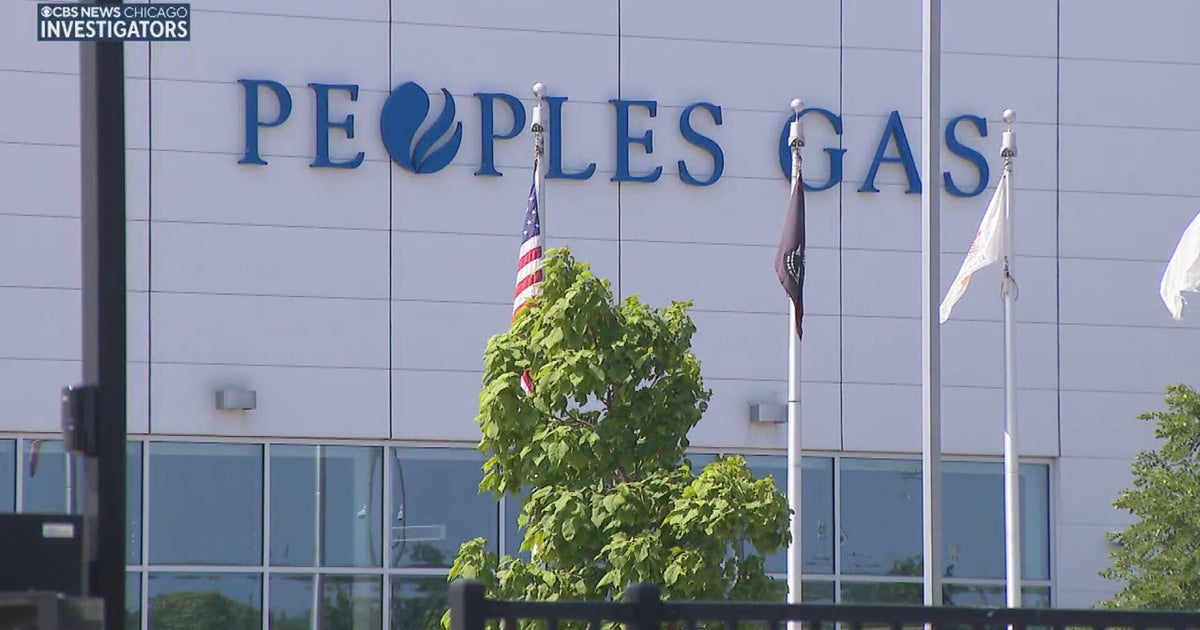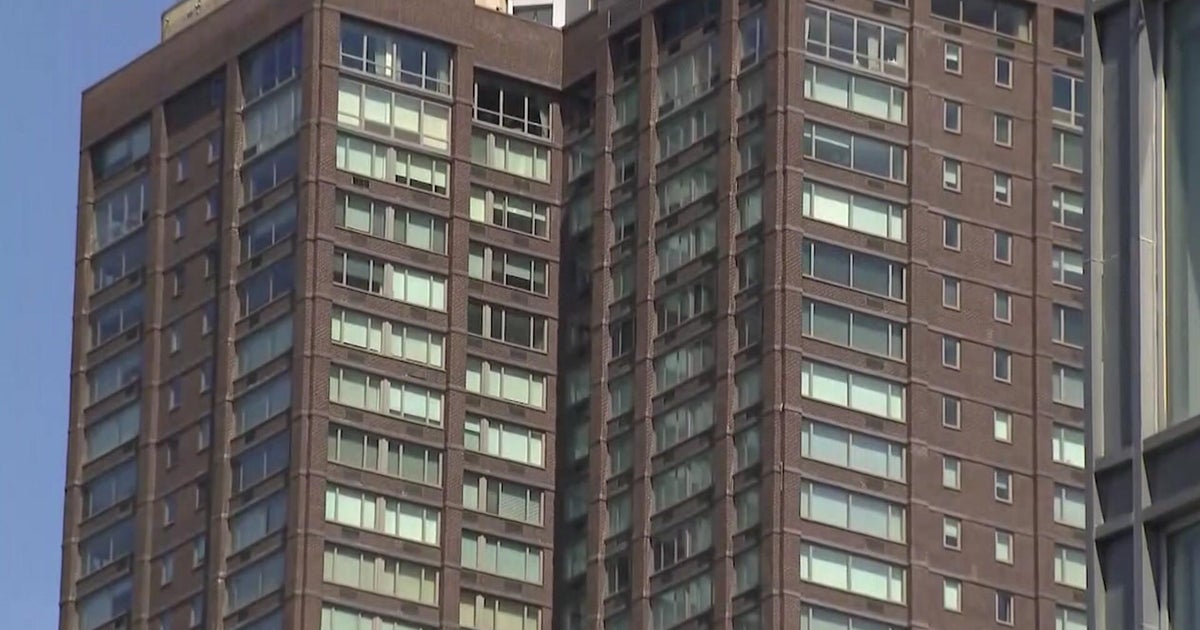Despite a Coal Ban in Oakland, Developer Leverages Proposed Facility Against City
OAKLAND (KPIX) -- Five years ago, the Oakland city council banned the storage and handling of coal in the city. Despite that stand, the developer behind a proposed coal terminal on former Oakland Army Base land has not given up.
Two lawsuits and a bankruptcy later, that developer has teamed up with a new partner who is giving the city an ultimatum.
"They could ship coal tomorrow and they can ship it for the next 66 years," said consultant Greg McConnell. He is the front man for Vikas Tandon, a financier with JMB Capital Partners who has taken over plans for the proposed coal terminal next to the Port of Oakland.
Activists have fought the project for years, leading the city to pass the no coal ordinance. But last year, a federal judge overturned the coal ban as it regards the terminal. Talk of bringing coal to Oakland resumed.
"Oh yes! There are major investors who would purchase his rights to develop," said McConnell.
But McConnell tells KPIX Tandon is ready to bargain. He could promise not to ship coal and export other commodities instead, but only if the city agrees to certain conditions.
Among other things, he wants Oakland to settle a lawsuit filed by the original developer over a lease for the land, and then get a promise from the city to guarantee construction financing and reduce the rent for the land.
"Coal presents a certain level of revenue, and no coal is significantly less. The question is in terms of a settlement. How do we shrink the delta between no coal and coal, and close the gap?" said McConnell.
He says Oakland has a lot to gain from Tandon's offer.
"The only way to assure that there won't be coal in Oakland is to reach an agreement," said McConnell.
But activists are already lining up in opposition.
"He is trying to say, 'Hey, I am willing to not bring in coal but you all have to give me something in exchange.' And that is completely BS, because we shouldn't have to give something up to not be poisoned," said Isha Clark, co-founder of the youth-led environmental activist group Youth Versus Apocalypse.
She points out coal trains already crisscross the Bay Area delivering coal from Utah to a terminal in Richmond, putting communities along the way at risk. The proposed Oakland terminal would be capable of exporting almost ten times than coal the Richmond terminal, up to 10 million tons annually.
"We are saying that we don't want coal because no one should have to breathe in the coal dust that can cause asthma and strokes and lung cancer and all these incredibly horrific health issues," said Clark.
She argues that agreeing to the ultimatum is a bad idea. Other local activists agree.
"I think this is extortion," said Margaret Rossoff, co-founder of No Coal in Oakland.
"I think he's bluffing in order to extort money from the city," said Ann Harvey, another member of the grassroots group.
But coal exports are back up this year after a slump during the pandemic. According to government data, exports are expected to increase 21% in 2021 and another 18% in 2022. And Tandon's investment firm JMB Capital has deep pockets.
"They are not coal people. They're not import-export people. They're just money-making people and they figured there's some way to make money out of this," said Rossoff.
There is also $53 million dollars sitting in a bank account in Utah earmarked specifically for an ocean coal terminal. Activists obtained letters that show four coal counties tried to pull money out of the account last year to bail out the Oakland project.
"We notified our allies in Utah and they mobilized," said Harvey.
The deal fell through. Activists say they're ready to mobilize again.
"We would be on those tracks, stopping the trains. There would be hundreds of people on those tracks," said Rossoff.
Oakland officials never responded to a KPIX request for an interview. The court case involving the disputed lease goes to trial next spring.
